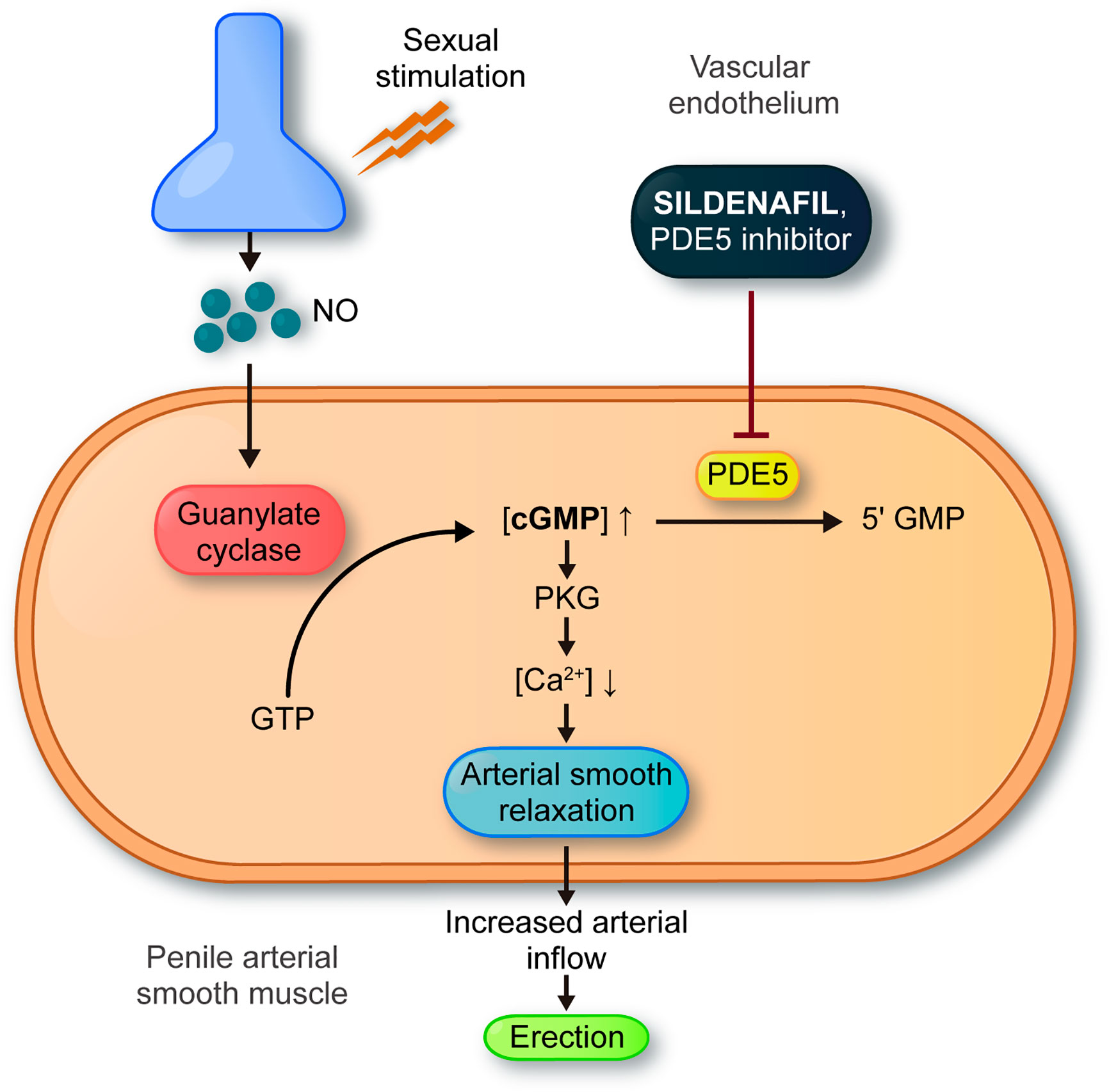
ed medication online
Add a review FollowOverview
-
Posted Jobs 0
-
Viewed 195
Company Description
Understanding Consuming Disorder Treatment: A Complete Case Research
Consuming disorders (ED) are complicated psychological well being circumstances that can have extreme bodily and psychological penalties. This case research examines the treatment of a younger woman diagnosed with Anorexia Nervosa, exploring the multifaceted strategy required for effective restoration.
Background

The topic of this case research, whom we’ll confer with as Sarah, is a 22-yr-outdated school scholar who was diagnosed with Anorexia Nervosa on the age of 19. Sarah had a historical past of low self-esteem and body picture issues, exacerbated by societal pressures and a highly competitive tutorial setting. Her weight reduction started during her sophomore year of faculty, the place she felt overwhelmed by academic calls for and social expectations. By the time she sought help, Sarah had misplaced 30% of her body weight and was experiencing vital well being complications, together with bradycardia, electrolyte imbalances, and amenorrhea.
Preliminary Assessment
Upon her initial assessment at a specialized consuming disorder treatment center, Sarah presented with a spread of symptoms including extreme meals restriction, obsessive calorie counting, and a distorted physique image. Her medical historical past revealed a family history of consuming disorders and anxiety, which contributed to her vulnerability. A complete evaluation included physical examinations, psychological evaluations, and nutritional assessments, resulting in a analysis of Anorexia Nervosa.
Treatment Plan
Sarah’s treatment plan was developed by a multidisciplinary workforce, together with a psychiatrist, psychologist, dietitian, and medical doctor. The plan emphasized a holistic approach, addressing each the psychological and bodily features of her situation.
- Medical Stabilization: Given Sarah’s significant weight reduction and well being complications, step one in her treatment was medical stabilization. This involved shut monitoring of her important signs, electrolyte levels, and overall physical health. A gradual refeeding plan was initiated to restore her weight and nutritional standing safely.
- Psychotherapy: Particular person therapy was a essential component of Sarah’s treatment. Cognitive Behavioral Therapy (CBT) was employed to assist her challenge and reframe her distorted thoughts about food, weight, and self-price. CBT is especially effective for consuming disorders because it addresses the cognitive distortions that contribute to disordered consuming behaviors. Moreover, household therapy sessions had been included to improve communication and support within Sarah’s family, addressing any underlying familial dynamics contributing to her condition.
- Nutritional Counseling: A registered dietitian worked with Sarah to develop a personalized meal plan that included balanced meals and snacks. The focus was on normalizing her consuming patterns and serving to her develop a healthier relationship with meals. The dietitian also educated Sarah about nutrition and the significance of ample caloric intake for bodily and mental health.
- Group Therapy: Sarah participated in group therapy periods with other individuals struggling with eating disorders. This setting provided her with a sense of neighborhood and understanding, allowing her to share her experiences and learn from others. Group therapy fostered social skills and provided a platform for discussing challenges and successes in recovery.
- Mindfulness and Stress Administration: To assist Sarah cope with anxiety and stress, mindfulness practices comparable to meditation and yoga were incorporated into her treatment plan. These methods aimed to enhance her physique awareness and scale back the compulsive behaviors associated along with her consuming disorder.
Progress and Challenges
Over the course of six months, Sarah showed significant improvement. She gained weight steadily and reported a lower in her obsessive thoughts about meals and body picture. Her participation in therapy helped her develop coping strategies for managing stress and anxiety, leading to improved emotional regulation. In the event you loved this informative article and you would want to receive more info about erectiledysfunctiontreatments.online assure visit the web-page. Nevertheless, the journey was not with out challenges. Sarah experienced setbacks, together with durations of elevated anxiety and body dissatisfaction, which often triggered disordered eating behaviors.
The treatment team remained vigilant and adaptable, modifying her treatment plan as needed. They emphasized the significance of resilience and self-compassion, encouraging Sarah to view setbacks as a part of the recovery course of somewhat than failures.
Consequence
After one yr of treatment, Sarah achieved a healthy weight and demonstrated important improvements in her mental well being. She reported feeling extra assured in her body and was in a position to engage in social activities with out the overwhelming fear of food. Sarah successfully completed her school diploma and started pursuing a career in psychology, motivated by her want to help others facing related struggles.
While Sarah’s restoration journey was complex, it exemplifies the necessity of a comprehensive, individualized treatment strategy for consuming disorders. Her case underscores the importance of addressing both the psychological and bodily facets of these circumstances, as properly because the need for ongoing help even after achieving initial recovery objectives.
Conclusion
Eating disorder treatment requires a multifaceted strategy that acknowledges the complexity of those circumstances. Sarah’s case illustrates the significance of a collaborative, interdisciplinary treatment plan that addresses medical, psychological, and nutritional needs. Recovery from an eating disorder shouldn’t be linear, and individuals might face challenges alongside the way in which. Nevertheless, with applicable support and sources, individuals like Sarah can reclaim their lives and foster a healthier relationship with meals and their bodies. This case research serves as a reminder of the transformative potential of comprehensive treatment for these struggling with eating disorders.